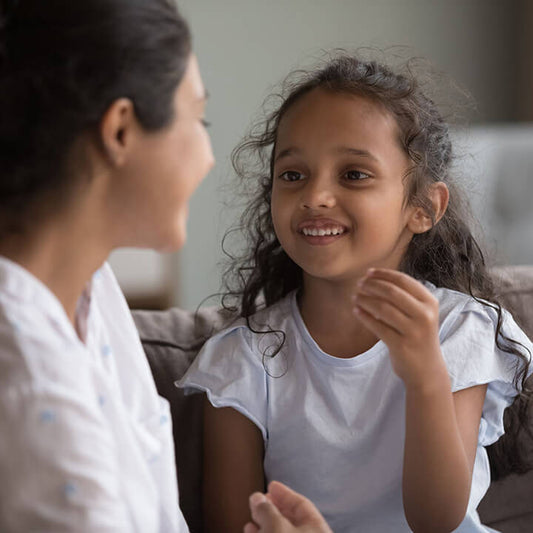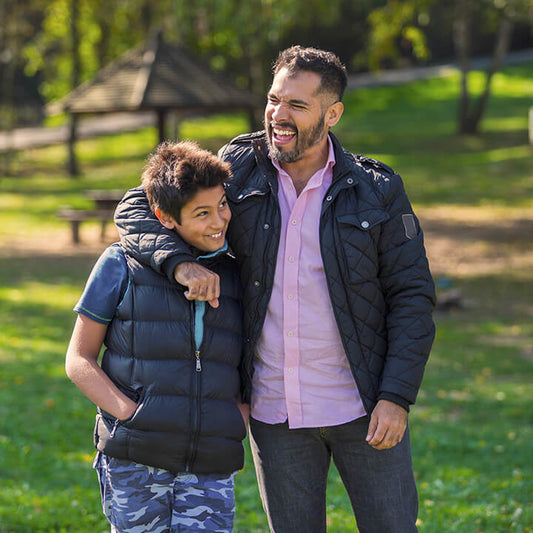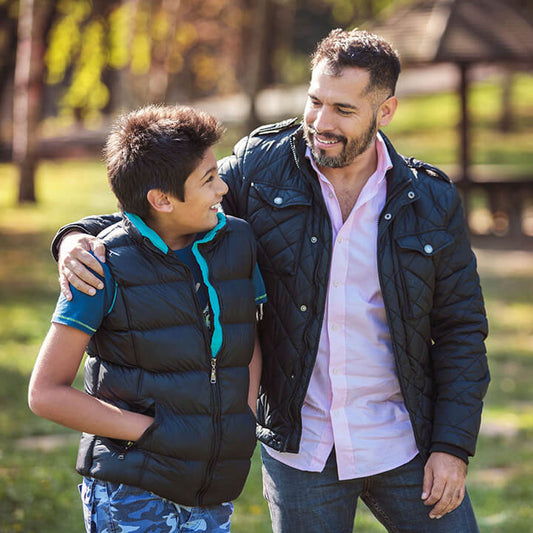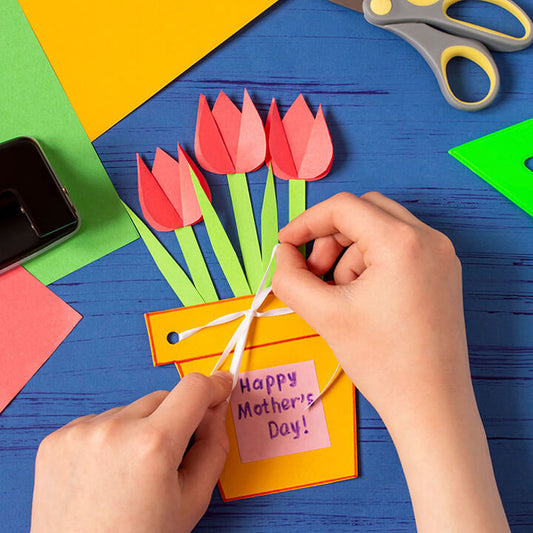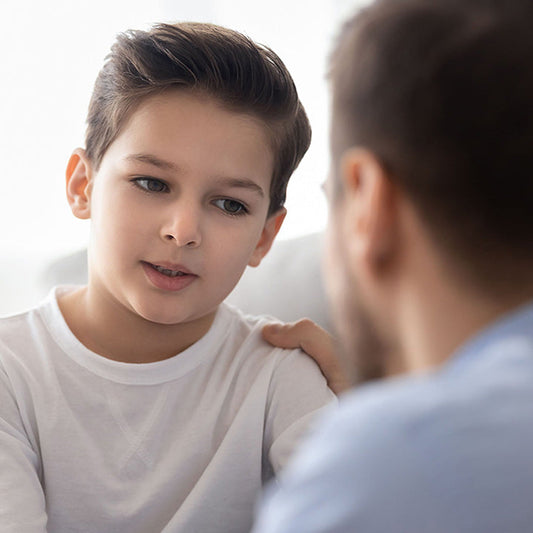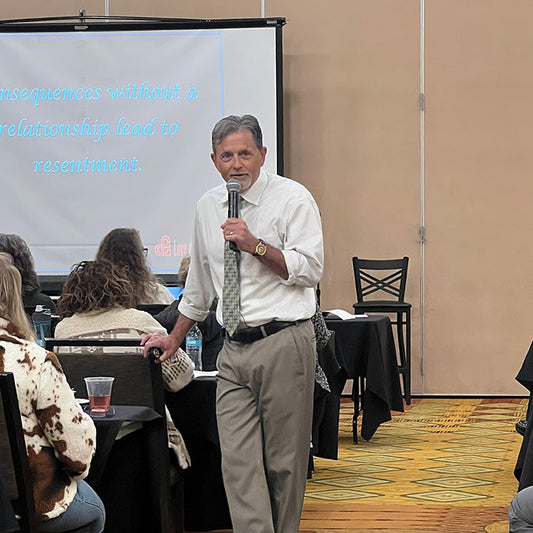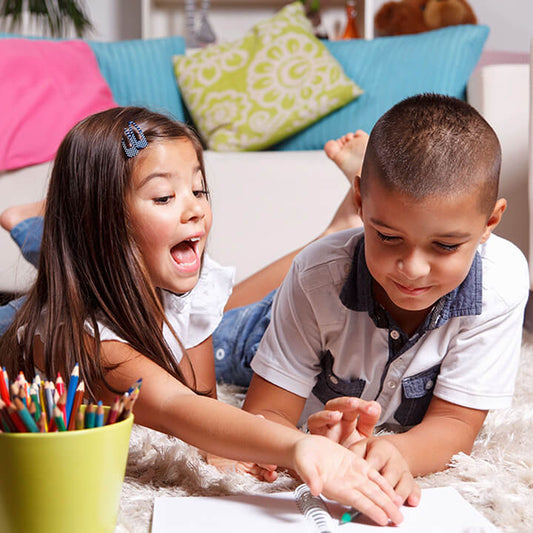Love and Love has helped many parents weather the difficult process of divorce. Divorce is an emotionally charged process that often causes feelings of loneliness, guilt, anger, anxiety, sadness, and depression for everyone it affects, including kids.
Divorce is very difficult and there is no way to make it good for kids because from their standpoint, divorce is a disaster. That’s why supporting kids during a divorce with practical, loving approaches is so important. Below are some guidelines to help parents through this painful process. These guidelines are offered in hopes of making a bad situation a little better.
1. Expect kids to handle divorce as well as the adults handle it.
The tone set by the parents will go a long way in helping kids handle it. If the divorce is bitter, lacks effective communication, and is filled with anger, the kids will most likely behave in the same way. Model the behavior you want to see from your kids.
2. Let the kids know that the divorce is not their fault.
Some kids feel that they are at fault when their parents divorce. Some kids think, “If I had been a better kid, my parents would still be together.” This is a common emotional trap when dealing with children and divorce. Let your kids know that the divorce is not their fault and that both of you still love them.
3. Continue to Provide the Anchor of Loving Discipline.
Don’t let guilt lead you down the path toward permissive parenting! When kids are exposed to divorce, they need loving limits and loving accountability even more.
4. Avoid Unwinnable Battles over Your Ex-Spouse’s Parenting Style.
The next time your kids or your former spouse accuse you of being a crummy parent, listen with empathy and encourage them to tell you more. As crazy as this sounds, it’ll take the wind out of their sails if you can remain sincere.
5. Stay Rooted by Clarifying Your Core Values.
Staying focused on what you believe will help you stay firm when you’re tempted to do something foolish.
6. Let Your Child's Relationship with Their Other Parent be Their Own.
Many parents going through divorce try to alienate their children from their former spouse. This is child abuse; learn the warning signs.
7. Help Your Children Grieve by Allowing Them to Grieve.
Divorce represents a major loss. One key to helping children cope with divorce requires allowing them to feel what they are going to feel instead of trying to make everything okay. When people are hurting, they need a listening ear and lots of empathy.
The best gift you can give your children is the gift of taking good care of yourself in loving and unselfish ways. Remember: Children learn the biggest lessons about coping with adversity by seeing how their parents do it. For more strategies that will help you and your kids cope with divorce, listen to our audio, Love and Logic: Keys to Helping Kids Cope with Divorce.
Thanks for reading!

























